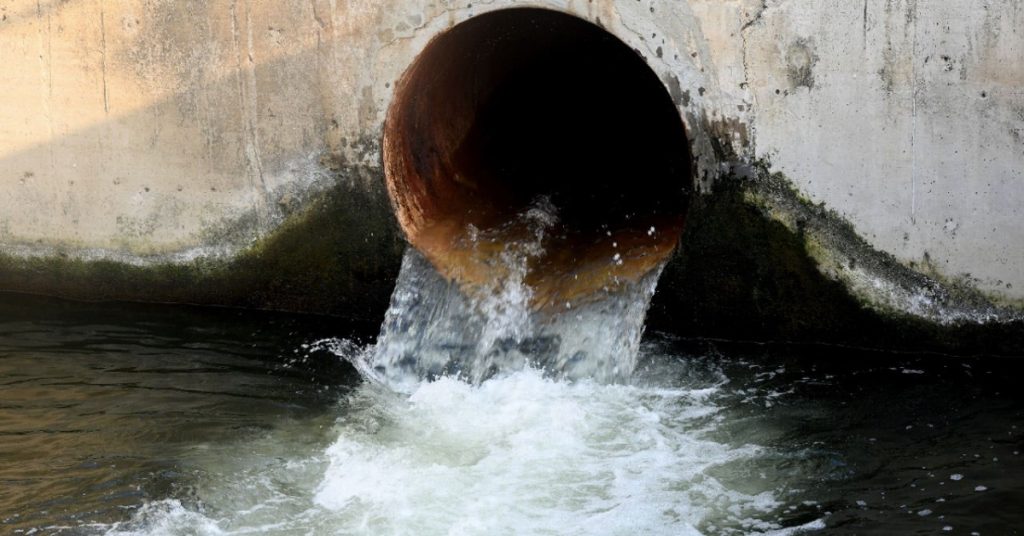Overview
Wastewater is repurposing into drinking water. Among the substances contained are human waste, food scraps, oils, soaps, and chemicals. Water from sinks, showers, baths, toilets, washing machines, and dishwashers are all included in this. Businesses and industries also add to the amount of contaminated water that has to be cleaned. We can consider wastewater treatment as a water use as it is so linking with other water uses. Therefore, before releasing back into the environment, we must treat much of the water which is being use by households, industries, and enterprises.
If you’re unsure what “wastewater treatment” means, consider “sewage treatment.”
Nature is wonderful at dealing with small amounts of water waste and pollution. Unfortunately, there are billions of gallons of Wastewater and sewage created every day. If we didn’t treat it before releasing it back into the ecosystem, the consequences would be disastrous. Pollutants in Wastewater are reducing to levels that nature can manage in treatment plants. Storm runoff will be including in the term “wastewater.” Some people feel that rain falling on the street during a storm is clean. However, this is not the case. Chemicals from highways, parking lots, and rooftops can poison our rivers and lakes.
Some Common topics that you should know on Wastewater:
Conservation And Energy Production:
It’s never been easy to strike the right balance between energy and water use. A water or wastewater utility’s energy use can account for more than 30 percent of a municipality’s overall electricity use. Furthermore, the energy industry necessitates a substantial amount of water to function. As more energy-efficient technology and alternative energy generation methods are developing day by day, a water-energy nexus solution is on the horizon.
Nutrient management:
Nutrient management has risen to the forefront of the wastewater business as rules change and discharge limitations become more stringent.
Biosolids and Residues:
The management and removal of residuals, sludge, and biosolids have long been a source of frustration for wastewater utilities, accounting for roughly half of all treatment expenditures. However, if salvaged and marketed, this “waste” could provide additional cash.
Reclamation and reuse of water:
Cleaning wastewater effluent and reusing it for drinking water and industrial applications are becoming more common. In some parts of the country, water scarcity has necessitated direct potable reuse. Application of indirect potable reuse is also important and necessary. Due to pressure on the industrial sector to consume less water, innovative reuse uses have emerged.
Water supply and water management:
Managing water supply in water-scarce places can be difficult. To begin with, determining how much water is available from groundwater, surface water, reuse, and other sources can be tricky. Then there’s the problem of determining how much water should be shared between consumers and industrial purposes. There can also be problems in how much should be left untouched for environmental reasons. Conservation strategies or usage limitations may have to be considered if there isn’t enough to go around.
Bottom Line
The primary goal of wastewater treatment is to remove as many suspended solids as possible before returning the leftover water, known as effluent, to the environment. Solid matter decomposes, which depletes oxygen, which aquatic plants and animals require.
Do you find this article interesting? Then please visit the rest of the blogs as well. We’re confident you’ll find them exciting and valuable as well.


